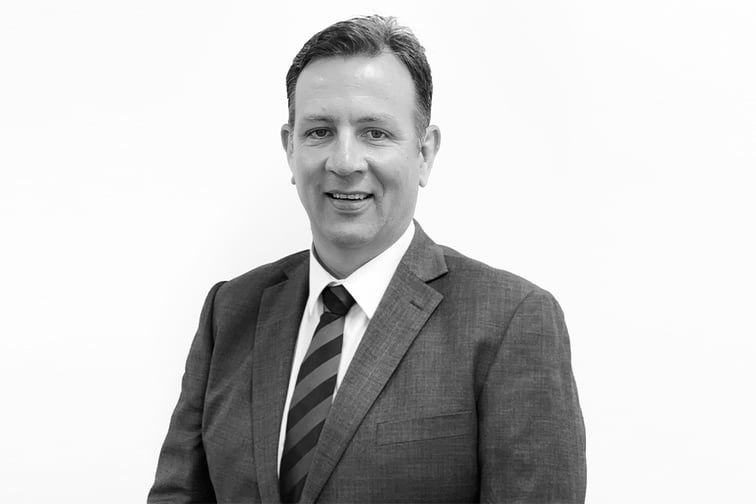

By
Michael Burke is a senior manager at asset and commercial finance specialists MKP Finance, which has offices in Sydney, Melbourne, Brisbane and Perth. He helped an earthmoving contractor boost cash flow by using equity in plant and equipment.
Our client, who is a well-established and successful civil earthmoving contractor, recently secured a pipeline of contracted project work that will generate revenue over the next 18 months.
The business had continued to trade well during the COVID-19 pandemic and was optimistic about the opportunities likely to arise due to the federal government’s ongoing commitment to funding infrastructure projects.
To be in position to capture these project opportunities, our client was seeking a facility from a financier who understood the true value of the equity in their plant and equipment. Their well-maintained fleet consists of Tier 1 earthmoving equipment, including excavators, bulldozers, graders, water trucks and wheel loaders. Historically, the business had funded new and used equipment under a chattel mortgage agreement over a three- or four-year term with no end-of-term balloon.
As is the case with many earthmoving contractors, the largest asset in this client’s business is the equity in their plant and equipment, and they were looking to leverage this equity to reinvest back into the business.
Cash flow mismatch is a common challenge facing many civil and earthmoving contractors when commencing new projects. There are many significant upfront expenses that are incurred at the start of a new contract, and these are often carried by the contractor for up to 90 days before any revenue is seen.
This mismatch between expenses and revenue creates cash flow pressure for many operators. While it is by no means a challenge isolated to the civil and earthmoving sector, it is magnified for contractors by the requirement that they also pay bank guarantees and retentions up front.
Traditionally, contractors have established and utilised facilities such as an overdraft to plug this working capital gap. Mainstream financiers will typically secure such a facility with a GSA (general security agreement) over the trading and asset-holding entities within a group structure, in addition to obtaining mortgages over the residential and commercial properties held by company directors. For an SME contractor, facility limits (such as overdraft, bank guarantees, etc.) will often be capped against a percentage advance on the property valuation.
The key failure of this approach is that it does not recognise the true value of the largest asset in the business: equity in plant and equipment.
At Moody Kiddell & Partners (MKP) Finance, we have developed a credit product that recognises the true equity in a contractor’s plant and equipment. Leveraging against this value, we are able to create working capital to help businesses grow, while giving them the flexibility of stronger cash flow and peace of mind by uncoupling owners’ and directors’ personal assets from the business.
We identified a parcel of assets within our client’s fleet of Tier 1 earthmoving equipment that were more than 50% paid down through their current finance term. The reason for choosing these assets was not only to minimise the cost of early termination for the client but also because these assets held the largest amount of equity.
The payout figure for these assets was $550,000, and when evaluating this against a Day 1 80% advance of orderly liquidation value, MKP Finance was able to provide the directors with a working capital payment of $500,000 into their business bank account.
The amount financed was $1,050,000 ($550,000 payout to financiers and $500,000 paid to the business as working capital). The loan term was 48 months, with no end-of-term balloon.
In this new finance facility, the client’s monthly payments were equal to their repayments on their existing facilities, with the added benefit of having $500,000 of working capital available in their bank account. The following key financial information was required to approve this facility: three years of finalised financial statements; forecast and assumptions; and a plant and equipment valuation by an approved valuer for the equipment securing the facility.
It is important that financiers recognise and understand the value of a business’s largest asset. This is particularly true for businesses that are capital-intensive. For earthmoving contractors, mining contractors and transportation businesses, their largest asset is most often their plant and equipment. As specialists in asset and commercial finance since 1981, MKP Finance has developed a unique and differentiated value proposition that utilises equity in plant and equipment, providing contractors with the capital they need to capture opportunities and grow their businesses.

